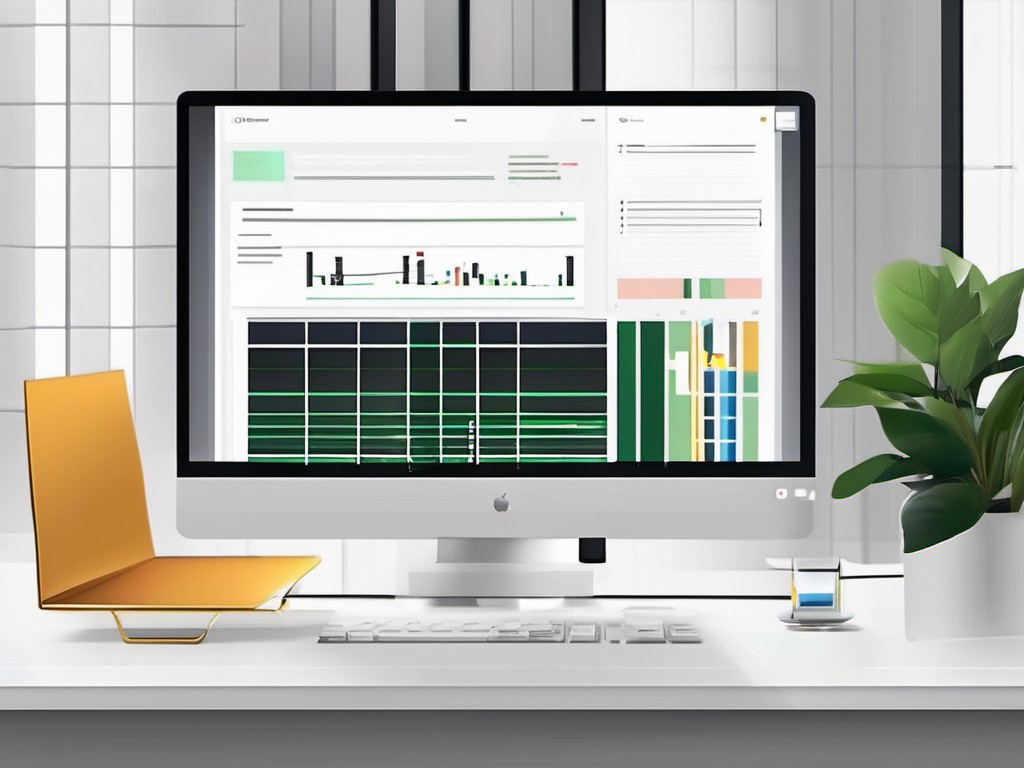· Charlotte Will · webscraping · 4 min read
How to Scrape Data from a Website Without Getting Blocked
Discover how to scrape data from websites without getting blocked. Learn best practices, tools, and legal considerations for effective web scraping.

Web scraping, also known as data extraction, is the process of gathering information from websites automatically using software tools. It’s a powerful technique for businesses and individuals alike, providing valuable insights, driving market research, and fueling competitive analysis. However, one of the significant challenges in web scraping is avoiding getting blocked by the target website. In this comprehensive guide, we’ll explore best practices, tools, and legal considerations to help you scrape data effectively without running into trouble.
Understanding Web Scraping
Before diving into specific techniques, let’s clarify what web scraping is and why it matters.
Benefits of Web Scraping
Web scraping offers several benefits that can transform how you gather and analyze data:
- Information Gathering: Collect vast amounts of information quickly from multiple sources.
- Competitive Analysis: Stay ahead by monitoring competitors’ pricing, product offerings, and marketing strategies.
- Market Research: Understand market trends and consumer behaviors to make informed business decisions.
Common Challenges in Web Scraping
Web scraping isn’t without its challenges. Here are some common issues you might encounter:
How Websites Detect and Block Scrapers
We’ll start by understanding how websites detect and block scraping activities:
- IP Tracking: Websites can monitor IP addresses making repeated requests and block them if they appear to be automated.
- User Behavior Analysis: Suspicious patterns, such as rapid page navigation or lack of mouse movements, can trigger blocking mechanisms.
- Honey Pots: These are fake links designed to trap bots but hidden from human users.
Best Practices for Web Scraping Without Getting Blocked
Now that you understand the challenges, let’s discuss best practices to scrape data without getting blocked:
Use Proxy Servers and Rotating IPs
Using a proxy server can help you bypass IP blocking. Here’s how it works:
- How Proxies Work: A proxy acts as an intermediary between your computer and the internet, masking your real IP address.
- Benefits of Rotating IPs: By rotating IP addresses frequently, you can avoid detection and ensure that your scraper appears to be coming from different sources.
Implement Delays Between Requests
Adding delays between requests is crucial for mimicking human behavior:
- Importance of Delays: Rapid successive requests are a red flag for websites.
- Setting Up Delay Intervals: Use randomized delay intervals to make your scraper less predictable and more human-like.
Mimic Human Behavior
To avoid detection, it’s essential to mimic human behavior as closely as possible:
- User Agents and Headers: Include realistic user agents and headers in your requests to make them appear like they’re coming from a real browser.
- Randomized Behavior Patterns: Introduce randomness into your scraping patterns, such as variable page visits or mouse movements.
Tools for Effective Web Scraping
There are numerous tools available that can simplify the web scraping process:
Popular Web Scraping Tools
- Scrapy: A powerful and flexible Python library designed for large-scale web scraping projects.
- Beautiful Soup: Another Python library, known for its ease of use in parsing HTML and XML documents.
- Puppeteer: A Node.js library that provides a high-level API to control Chrome or Chromium over the DevTools Protocol. It’s great for scraping JavaScript-heavy websites.
Legal Considerations in Web Scraping
While web scraping can be incredibly useful, it’s essential to understand the legal aspects:
Terms of Service and Data Privacy Laws
- Terms of Service: Always review a website’s terms of service before scraping. Some websites explicitly prohibit data extraction.
- Data Privacy Laws: Be mindful of privacy laws like GDPR, which regulate how personal data can be collected and used.
Conclusion
Web scraping is a valuable tool for gathering data, but it comes with challenges and legal considerations. By following best practices such as using proxy servers, implementing delays, mimicking human behavior, and understanding the legal landscape, you can effectively scrape data without getting blocked. With the right tools and techniques, web scraping can become an integral part of your data collection strategy.
FAQ Section
What is the best tool for web scraping?
There isn’t a one-size-fits-all answer; it depends on your needs. For Python users, Scrapy and Beautiful Soup are popular choices. Puppeteer is excellent for JavaScript-heavy sites.
How can I tell if my IP has been blocked?
If you notice that your scraping requests are being denied or redirected to a CAPTCHA page, it’s likely that your IP has been blocked.
Is web scraping legal?
The legality of web scraping varies. While the act itself isn’t illegal, violating terms of service or privacy laws can lead to legal issues. Always check the website’s policies before scraping.
What are the ethical considerations in web scraping?
Ethical concerns include respecting privacy, not overloading servers, and avoiding actions that could be considered malicious or harmful to the target website.
How often should I rotate IP addresses when scraping?
The frequency depends on the website’s sensitivity to scraping activities. Generally, rotating IPs every few requests can help avoid detection and blocking.




